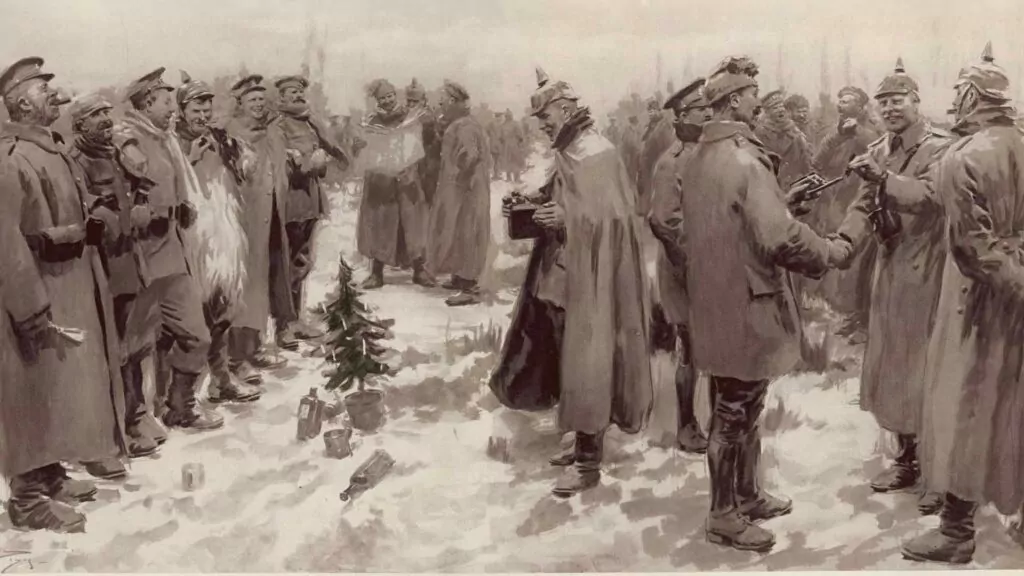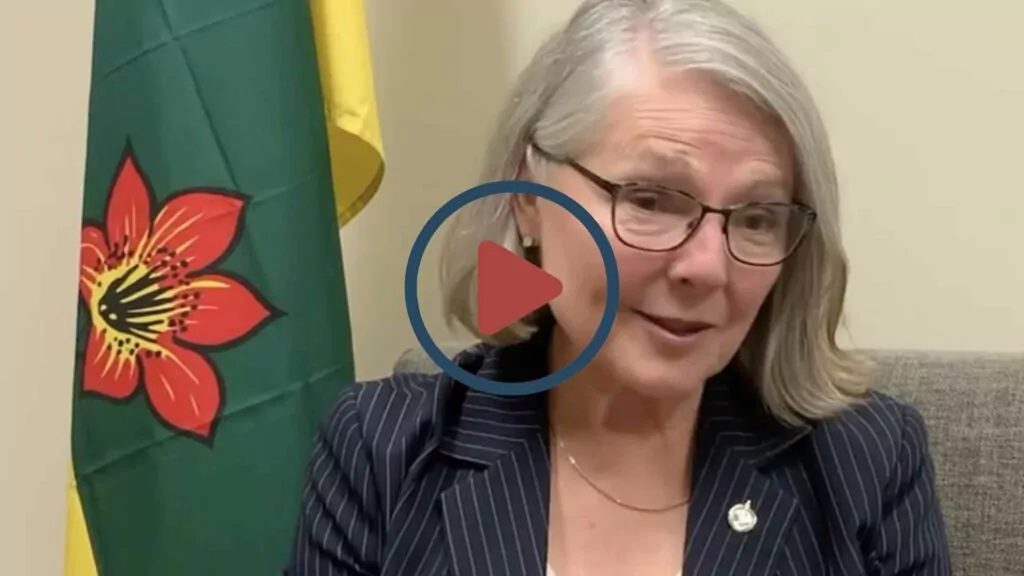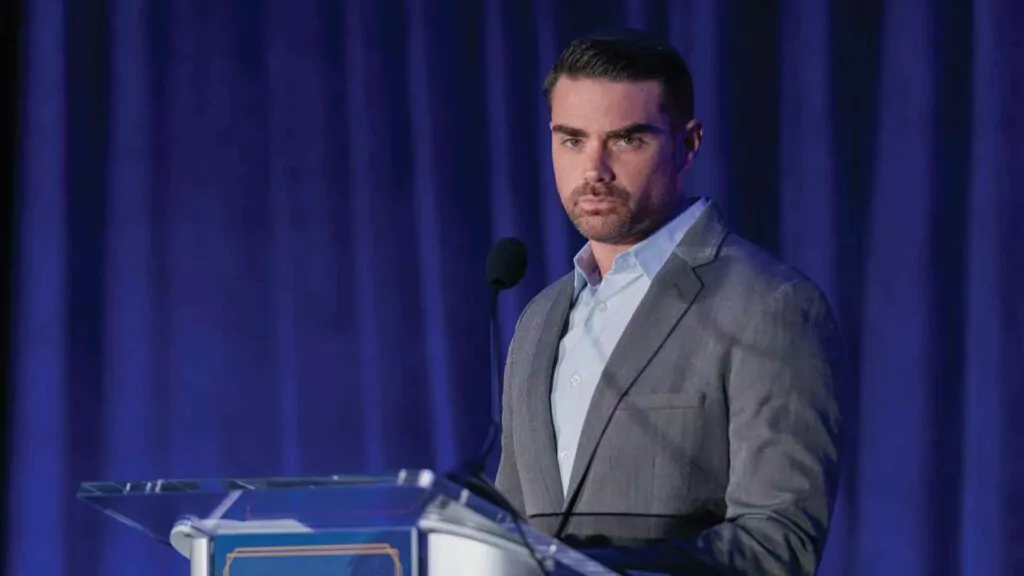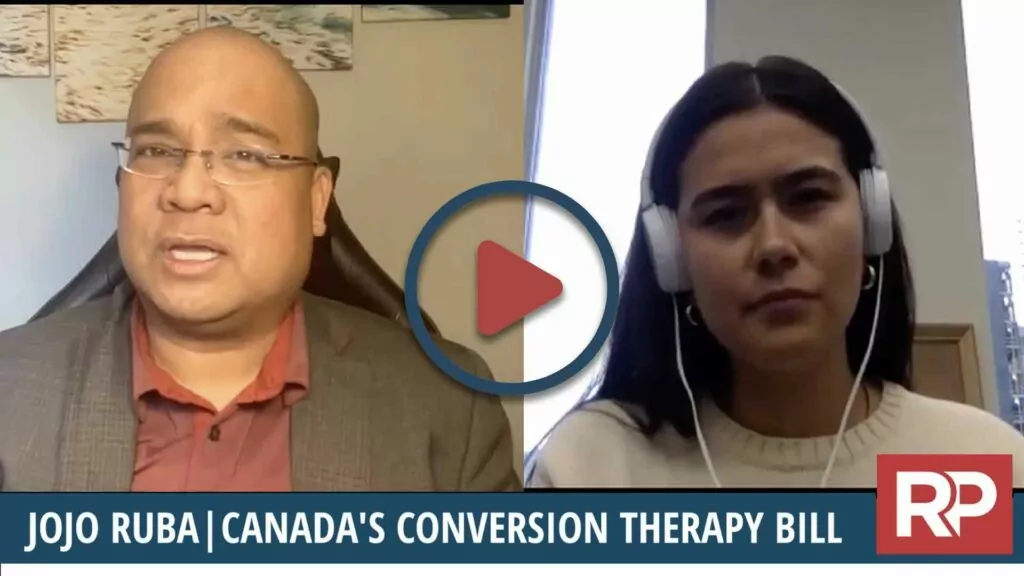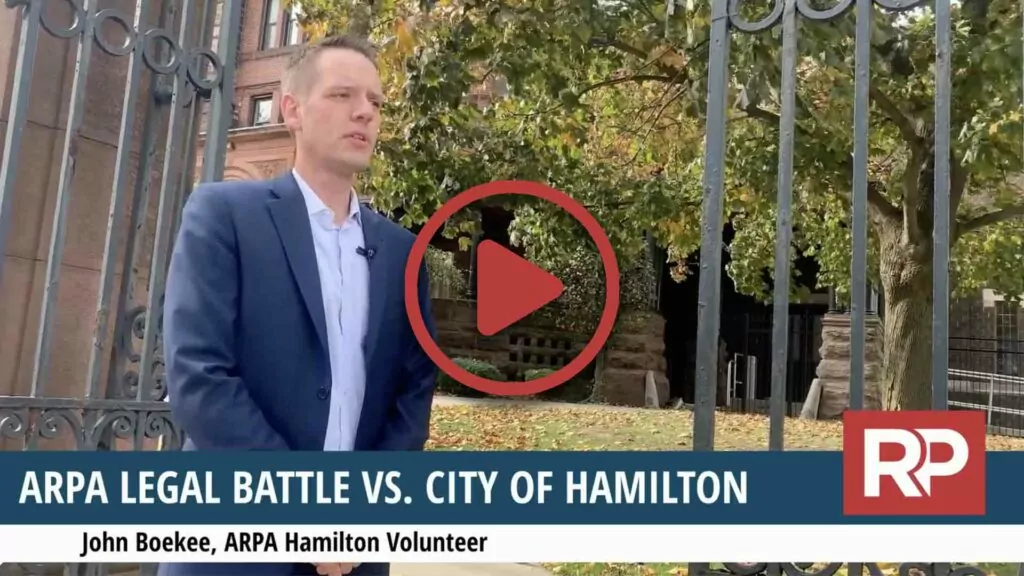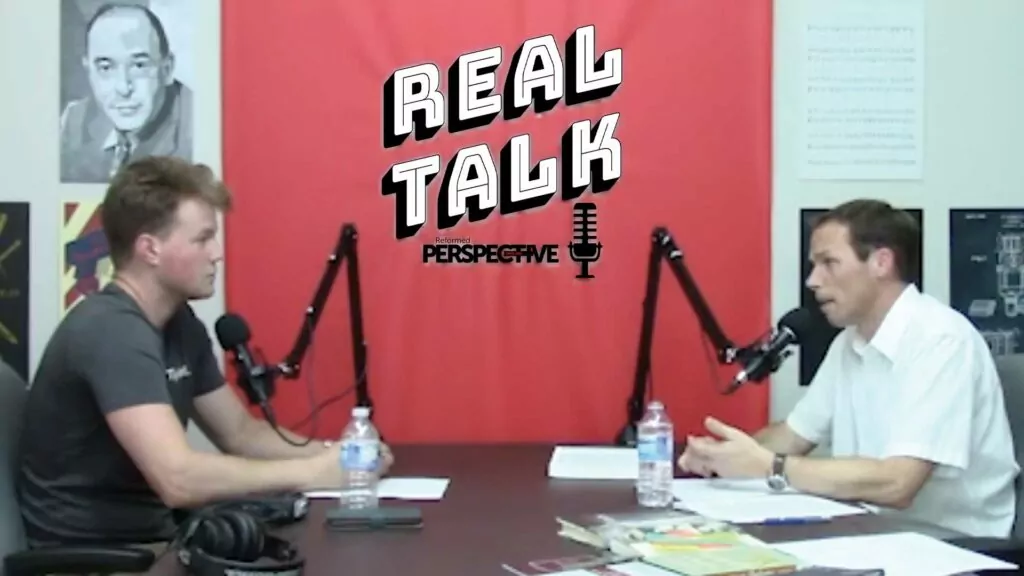Top 10 films on PureFlix right now
Pureflix is a per-month subscription streaming service that provides Christian content on both sides of the US/Canadian border. While much of its content is mediocre, there are gems to be found. What follows is a Top 10 list of movies for mom and dad, some of which could be watched with the older kids too.
And as a bonus, right afterward, is a Top 10 for shows that the kids might like.
In many cases you can click on the movie title to find a longer review, and some of those longer reviews even include links to where you can watch them for free, though often in lower resolution.
To watch these on Pureflix.com, Canadians and Americans can sign up for a free trial here.
Movies for mom and dad
1. I Can Only Imagine
This is the life story of MercyMe singer Bart Millard, or, more specifically, it’s the story of what drove him to write what might be the most popular Christian song of the modern era, "I Can Only Imagine." The focus isn’t as much on Bart’s transformation from troubled kid to successful singer, as it is about God transforming his abusive father. Cautions here that make this unsuitable for family viewing is that Millard’s father is indeed abusive, both physically, which we mostly don’t see, and verbally, which we do. However, for adults, this will be a remarkable film and a good part of it is J. Michael Finley, a good actor, and an absolutely fantastic singer.
2. The Most Reluctant Convert: The untold story of C.S. Lewis
This is the story of Lewis’s conversion from ardent atheist to “the most reluctant convert,” bowing his knee to God not because he wanted to, but because he couldn’t do otherwise. It’s also a story superbly told. If you already know Lewis you’re going to love this film; if you don’t, this film will soon have you loving Lewis for the way he could put into words the wonder God worked in his and our own hearts.
3. The Long Goodbye: The Kara Tippetts Story
The remarkable documentary is a tearjerker about a mom facing terminal cancer, who offers us encouragement in her confidence that God has both her and her family.
4. Tortured for Christ
Tortured for Christ is a must-see film about Richard Wurmbrand’s courageous and faithful stand against the Soviets when they took over Romania.
5. Sabina
This is a sequel/prequel to Tortured for Christ, about how Pastor Wurmbrand's Jewish wife Sabina was willing to help even Nazi soldiers, because of her love for God.
6. Beyond the Mask
When a young 18th-century assassin wants to leave his dark life behind his employer tries to have this loose end tied up, with a bomb. The assassin survives thanks to the warning of a passing vicar who ends up paying for his kindness by getting blown up himself. In search of a new life and a new identity, Reynolds adopts the vicar's identity, and meets Charlotte, a young woman who knows a lot more about God than this "vicar" does. Romance, intrigue, daring-do and plenty of explosions follow. A concern would be the violence, which, while never gory, is frequent – lots of fisticuffs going on here. That said, this is one of the better-produced, better-acted, better-written, Christian films.
7. Time Changer
In the year 1890, seminary professor Russell Carlisle proposes teaching morality to the masses without making mention of God, reasoning that even if people don’t become Christians, it would be a good thing if they were at least taught that stealing was wrong. But after a colleague uses a time machine to send the professor more than a hundred years into the future, to present-day USA, Carlisle realizes that morals founded on anything but God have no foundation at all, and are just dismissed as opinion. This is a good-looking science fiction movie with an important and powerfully presented Christian message.
8. The Ultimate Gift
Jason, a spoilt rich kid, is given an inheritance by his billionaire grandfather, but it comes with conditions. To get the money Jason has to complete 12 separate tasks, all of which are intended to humble and shape him. It’s a fun film, with a grandfather handing out tough love from beyond the grave in the hopes he can still teach and help his aimless grandson. Emily, a child with a terminal condition, also teaches Jason some important lessons, but her eventual death makes this one kids won't like. A sequel, The Ultimate Life, is only middling.
9. Extraordinary
Extraordinary is based on the real-life story of Liberty University professor and ultra-marathon runner David Horton, who runs races not just hours long, but weeks long. That’s meant he’s left the homefront to be managed by his wife on her own. And she might have had enough. Overall, Extraordinary is a lightweight comedic drama about a doofus husband who takes a while to get his priorities right but who figures it out in time for a happy ending for all. That’s all it is, and on some evenings that’s really all we’re looking for.
10. The Amazing Adventure
In this black and white calico, Ernest Bliss (Cary Grant) is a young man who has inherited a lot of money from his father. Yet he’s nervous, can’t eat, and can’t sleep. When he goes to the specialist and the doctor diagnoses him with “self-indulgence” Bliss is both offended and intrigued. What’s the prescription then? The doctor tells Bliss to earn his own living for a year and dismisses him with a wave, knowing that this pampered socialite will never follow this advice. But Bliss ends up making him a bet: if Bliss does do it, then one year from now he’ll expect a handshake and an apology from the doctor, and if Bliss loses, then he’ll give £50,000 for the doctor’s downtown charity clinic. That’s the setup, and the general plotline is as you might expect. Bliss learns some lessons about just how it can be for a regular Joe, and it isn’t too long before he’s secretly using his connections and money to help the struggling people who have befriended him.
If you don't mind black and white, and its slower pacing, a couple of other classics worth checking out are Meet John Doe and The Jackie Robinson Story.
Bonus: Top 10 shows for the kids
There's a lot of fun and goofy content on Pureflix, but some of it is goofy in a theological sense too, so parents do need to exercise discernment on behalf of their little ones. Even the recommendations below include a caution or two.
1. Life at the Pond
A Christian series aimed at the preschool set that, like VeggieTales, pairs simple animation with somewhat sophisticated humor – there’s yuks here for mom and dad to enjoy too. The four stars are aquatic:
Bill the Duck is a regular joe; we are Bill the Duck
Tony the Frog fills the role of wisecracking comic relief
Floyd the Turtle is the most child-like, and often the straight man setting up Tony’s zingers
Methuselah the Alligator is older, and a voice of biblical wisdom
The first two episodes, There’s Something Funny in the Water and The Little Things, are calm enough for even the youngest, while The Alligator Hunter, Big Mouth Bass, and The Rise and Fall of Tony the Frog, have some tension, and even some frantic action, so might be best for 5 and up.
2. Buddy Davis' Amazing Adventures (and The Creation Adventure Team)
Buddy Davis is a musician, dinosaur sculptor, and children’s entertainer. In his Amazing Adventures series, he’s teamed up with the folks at Answers in Genesis to share a half dozen expeditions – underground, to Alaska, Africa, the swamps, and more – that kids will really enjoy. In The Creation Adventure Team he pairs up with a robot dinosaur sidekick to investigate when the dinosaurs died, how they lived, and whether there were any on the Ark. These two videos feature pretty frenetic action, some decent special effects, and a number of clever spoofs.
3. Defense of New Haven
Defense of New Haven is a wonderfully bizarre adventure: a steampunk Christian allegoric comedy adventure, with every character played by a child actor, even though the characters are adults. Our hero, Alec, is a one-armed man who gets recruited by a fully-bearded six-year-old to carry a secret message to the city’s miniature-steamboat-driving defensive forces so that they’ll be able to stop gas-mask-wearing raiders. That is a sentence I never imagined writing, but this is a movie I would have never imagined seeing. And it is both cheesy and fantastic. If you enjoy this, you’ll also like the producer’s earlier all-children film, The Runner from Ravenshead, which is also available.
4. The Legend of 5 Mile Cave
The Legend of 5 Mile Cave begins with a bang, a fleeing cowboy being shot right off his horse by an eagle-eyed sheriff. And it begins with misdirection too: the sheriff looks kind of scary, his posse pretty mean, so are they the heroes? Or should we be rooting for the guy lying at their feet? It doesn’t get any clearer when we cut forward 20 years and see an escaping prisoner evade pursuing guards and their bloodhounds. Again, it seems like we’re supposed to be siding with the bad guy. What’s going on? Don't worry, things will eventually be set aright but it is quite the ride until then.
5. A Show about Anthem Lights
A real-life Christian cover band, Anthem Lights, has turned itself into a cartoon. This reminded me of Duck Dynasty, with band members playing dumber, funnier versions of themselves.
While other animated material on the site wasn't all that impressive, they do seem to have all or at least most of the VeggieTales. but only some are recommended. Click on the link to see which ones.
6. Storm: Luther's forbidden letter
Storm Voeten is the 12-year-old son of a printer living in 1500s Antwerp. Martin Luther has written his 95 Theses and his ideas are a source of debate and division across Europe. That’s also true in the Voeten household, where Storm’s mother, a staunch Catholic, doesn’t even want to hear Luther’s name. But his father is interested in learning more…and he’s even willing to print Luther’s ideas. This is a pain-free way for kids to learn this important history.
7. Back of the Net
A science geek girl, looking to spend a semester on the seas studying sea creatures, accidentally ends up at a soccer academy. Hijinks ensue, and while there is just a bit of boy/girl oohing and aaahing, that silliness is kept to a minimum, making this a fun one for the fam.
8. F.R.E.D.I
A friendly football-sized and shaped robot is stolen from bad guys and ends up in the hands of a couple of teen guys. This struck me as almost the kid version of a Hallmark movie (the good kind) that is pretty light, fairly predictable, but just a pleasant 90 minutes spent. Just watched this one with my kids, and our 10 year-old daughter gave it a 9.9. I think I'd give it a solid 8 as a kids' flick.
9. Patterns of Evidence: Young Explorers
This 5-episode series is based on filmmaker Timothy Mahoney’s documentary Patterns of Evidence about his search for evidence of Israel’s captivity in Egypt. The original was part mystery, part biblical history and this sequel covers the same territory, but this time with a group of kids along for the ride. This is now not simply a documentary, but a docudrama, with fact and fiction, education and entertainment, all mixed together. There is humor on two levels here, with pratfalls for the kids, and dry humor for the adults – there are some snort-worthy moments! The five episodes in order cover:
The adventure begins when the kids hear about Timothy Mahoney’s work and are eager to help
They learn that we may know where Joseph lived in Egypt
The team searches for signs of captive Israel’s population explosion
The Young Explorers go search for signs of the 10 plagues
The search continues on into Israel, where the team now investigates the fall of the walls of Jericho
For another fascinating documentary series, check out Creation Proclaims – it's a nature series for kids, that takes a close look at all sorts of animals, and narrated by a former atheist whose university students won him over when they challenged him to look at just how amazing God's creation is. Episodes average around 10 minutes each, focussing on one animal, and there are 24 episodes in all. Mom and dad will find this pretty cool too!
10. Jack and the Beanstalk
While this Abbott and Costello classic puts too much of the slap into slapstick, it's otherwise a pretty fun flick....











